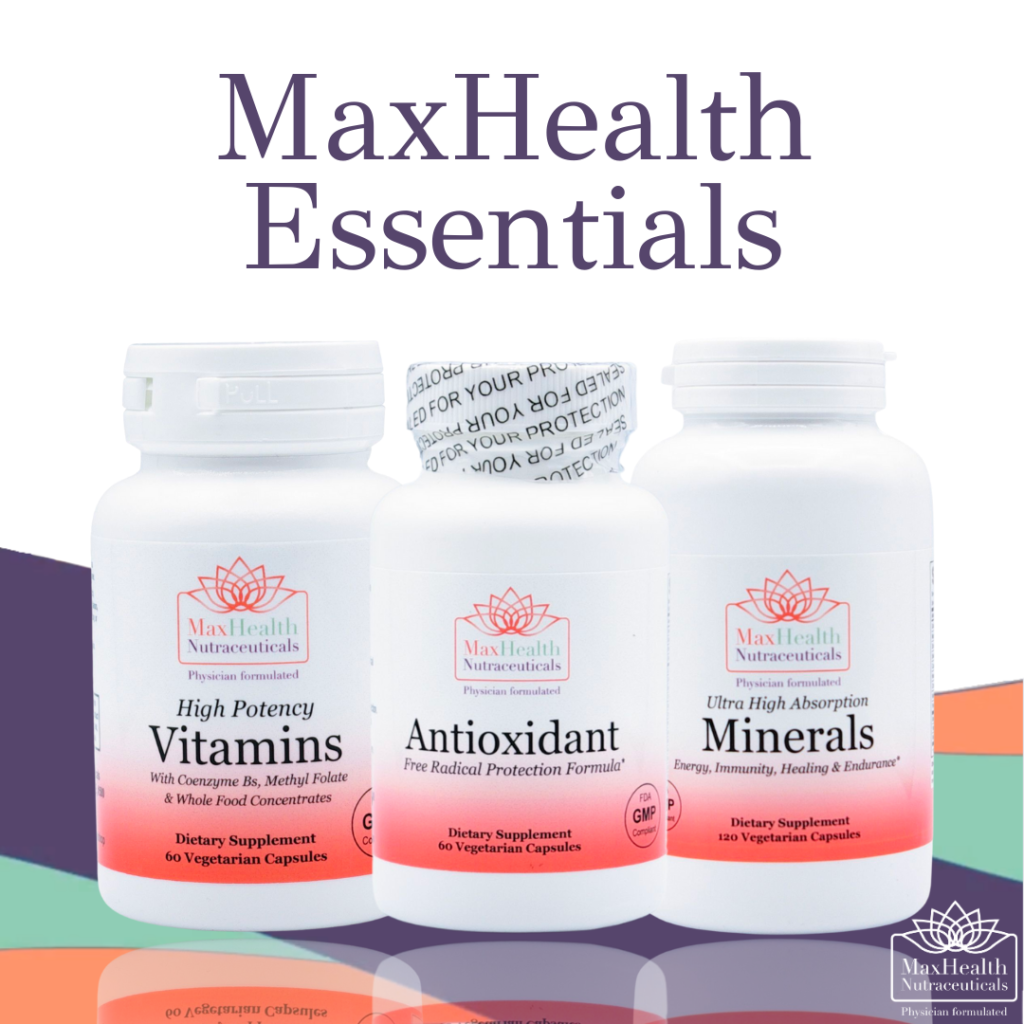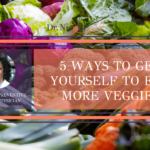
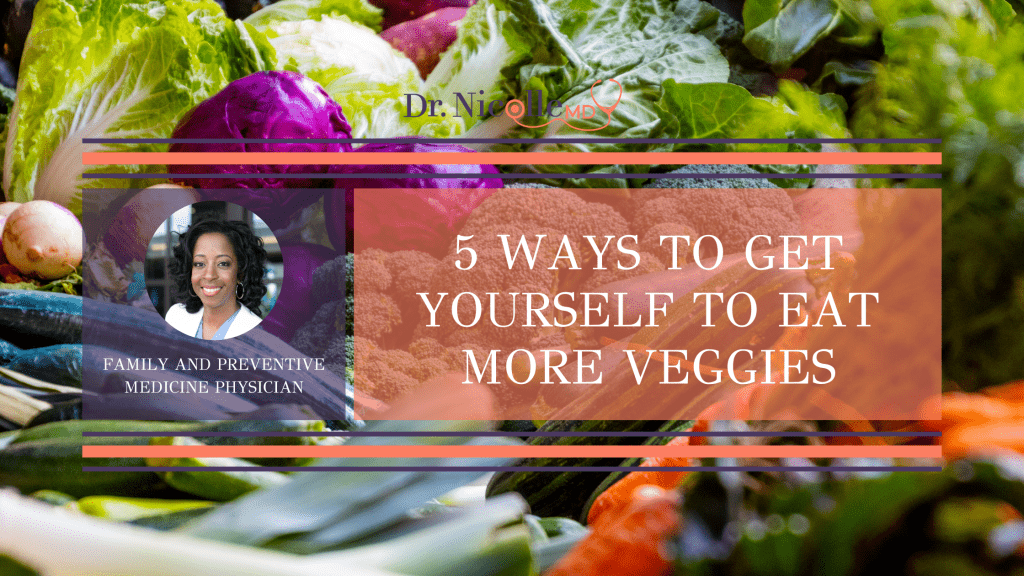
Most doctors and health professionals will agree: there are no foods that are healthier than vegetables. Trouble is, most people find that eating vegetables on a daily basis is challenging.
Think back to when you were a child, slapping the broccoli out of your parent’s hands. You weren’t into veggies in the first place. Getting into it now, when no one is forcing you to eat it, can be even harder.
Truth is, vegetables are essential to your health. Let’s break down some of the best ways to motivate yourself to eat more veggies.
Juice Your Veggies
Juicing machines have become very popular in the past couple years for good reason. Many people don’t like to spend the time to cook and eat their veggies. Why not juice them in a snap, drink a glass, and get 3-5 servings in a couple gulps?
Juicing your veggies with fruit will help to make the drink taste sweeter and still enable you to get much of the essential nutrients needed for healthy cell maintenance and growth.
Keep in mind that juicing your vegetables limits the amount of fiber that you get from them. You’ll need to get your fiber from grain-rich foods when you use the juicer.
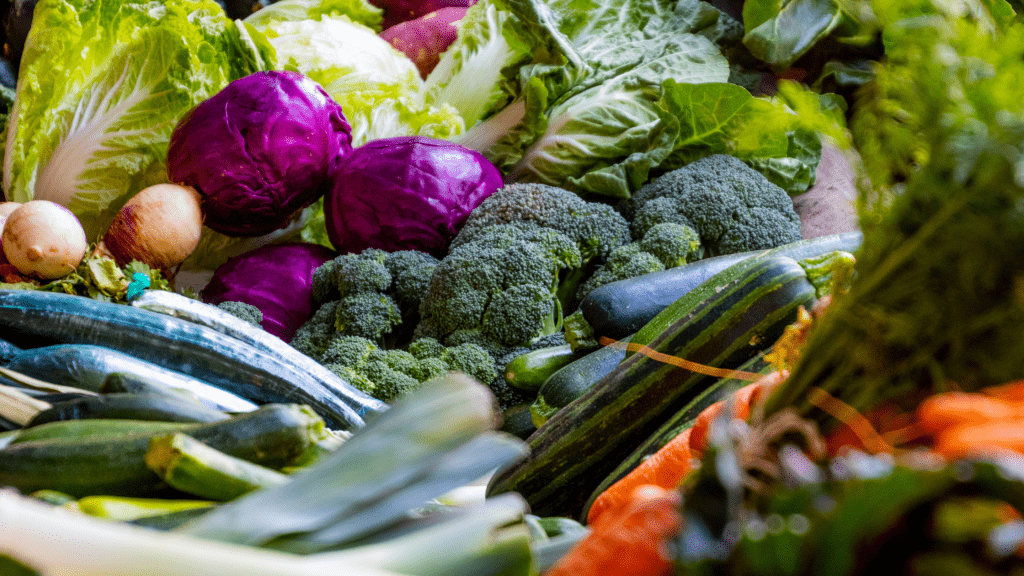
Understand They’re Essential
Unless you’re willing to supplement with a multivitamin each day, veggies are essential to your diet. Not only do they provide the bulk of your fiber, but they also contain critical nutrients like vitamins and minerals to balance hormones, enable growth, and strengthen hair, skin, nails, and much more.
Skipping your veggies means skipping a great source of low-calorie fuel to help your body maintain growth and performance.
They Reduce Onset of Disease
Many diseases such as cancer, heart disease, and diabetes have a treatment option of increasing your intake of fruit and vegetables. They’re no substitute for medical advice but eating your veggies could be one of the best preventable measures you can take to ensure you are always getting the best spectrum of nutrients for optimal health.
Endless Variety
Don’t like broccoli? No worries, there’s an endless variety of vegetables. From Asia to North America, vegetables are plentiful at any local supermarket. You can enjoy a different set of vegetables each day, so you’ll never get bored with the same ones.
They’re Inexpensive
On a tight budget? No problem. Vegetables are likely the cheapest addition to your grocery list. It’s no wonder many people go vegetarian for this reason. Research shows that you can save around $1000 a year on groceries by swapping meat products for more veggies.
We’re not saying take meat out of your diet – this is your choice. But if you’re on a budget, vegetables are a very inexpensive and an economically sustainable way to get your calories and nutrients.
At the end of the day, eating veggies comes down to a personal choice and your own motivation. If you consider all the health and cost benefits, surely, you’ll choose to take some time to get your daily dose of kale in.
I would love to give you a free resource sheet to support your overall wellness. Click the button below to receive your gift.
I really wanted to talk about this topic today because your natural health and wellness is important. You can adopt healthy lifestyle practices that improve your health, your environment, and enrich your life, which can in turn improve the lives of those close to you. You have the power to break the cycle of poor health, including chronic disease, so that you can leave a legacy of health to your loved ones.
I use functional medicine and lifestyle medicine as the first line of treatment, before medications, to treat lifestyle-related chronic diseases. Lifestyle-related chronic diseases include diabetes, hypertension, obesity, and some cancers, just to name a few. Lifestyle practices, such as eating a whole-food plant-based diet and regular physical activity, can help you lose weight, reverse some chronic diseases (if you suffer from them), and can even help you with detoxification. In certain cases, these approaches may even outperform pharmaceutical therapy.
But I always tell my patients that conventional medications may be appropriate at this time to prevent catastrophic illness, but over time, you can work to make the necessary lifestyle changes to possibly reduce and/or eliminate medications. Please remember to always consult your physician for your particular needs and circumstances prior to making any decisions whatsoever.
Is Dietary Supplementation Right For You?
For some people, vitamin and mineral supplements offer important health benefits. Supplements are designed to fight deficiencies found in our diet and complement the food we eat regularly. Supplements are basically “helping hands” to our daily food.
If you suspect that you aren’t getting the nutrients you need, consider shifting your focus from supplements to eating better.
But it is very important to note that we are not eating the same foods we ate years ago because the soils have been depleted of critical nutrients through current industrial farming practices. And because the soil is not as good as it used to be, the food supply (grown from the depleted soil) is not as good as it used to be. For example, you are not getting the same levels of magnesium as you would have gotten 30 or even 50 years ago.
Second, much of the food has been genetically altered, which can impact the inherent and unique nutritional composition that each food possess. For example, ancient einkorn wheat has less gluten, more protein, more Vitamin A, and more beta carotene, than modern genetically modified wheat.
Third, the toxic load in the environment today is much higher than 100 years ago. We can see this with global warming, toxic landfills, polluted oceans and waterways, etc. Toxicity levels interfere with nutrient assimilation and absorption not just into the foods, but into our bodies as well.
So… if you are unable to eat better, the supplements in my MaxHealth Essentials Bundle may provide the extra boost you need.
These are my favorite Wellness and Immune-Boosting Supplements to use! This MaxHealth Essentials Bundle will ensure you have the intake of the important vitamins, minerals, and antioxidants to decrease inflammation and boost your innate wellness day and night. Taken together, it’s a solid plan for increasing your body’s natural resiliency.
For best results make sure you use the supplements with dietary changes including a whole food plant-based diet, regular exercise (at least 2-3x per week), regular sleep (8 hours per night), and intermittent fasting (at least 1-3x per week).
Weight Monitoring
Since weight management is very important in combatting chronic diseases, I recommend that you be mindful of your weight and its fluctuations, and that you monitor your weight AT LEAST on a weekly basis. I recommend a scale that includes a body composition monitor (*this scale cannot be used with a pacemaker or other implanted devices).
Physical Activity
Physical activity (or exercise) can improve your health and reduce the risk of developing several chronic diseases like high blood pressure, type 2 diabetes, and cancer, just to name a few. Physical activity can improve your mood, boost your immune system, help you maintain a healthy weight, and is a great way to detox your body!
I often recommend yoga and resistance training for physical activity, but as you are aware, there are plenty of forms of “movement” that you can do! But for the basics, especially if you’re just getting started, yoga and resistance training are where I would start.
Yoga
Yoga can be a great way to improve your strength and flexibility, manage your stress, improve your heart health, and lose weight! I recommend using a grounded yoga mat to connect yourself with the earth and reduce inflammation.
Resistance Training
Resistance training is the mainstay for overall health. It not only has beneficial effects on reducing body fat, it also increases muscle size and strength. Check out some basic dumbbells/free weights that I recommend to everyone.
Another alternative for dumbbells/free weights are resistance bands. They are great for physical therapy, yoga, strength training, and excellent for traveling.
Remember, living a healthy lifestyle including eating a whole foods plant-based diet, regular physical activity, and reducing stress are the best ways to maintain a healthy weight. Let me know what you think in the comment section below.
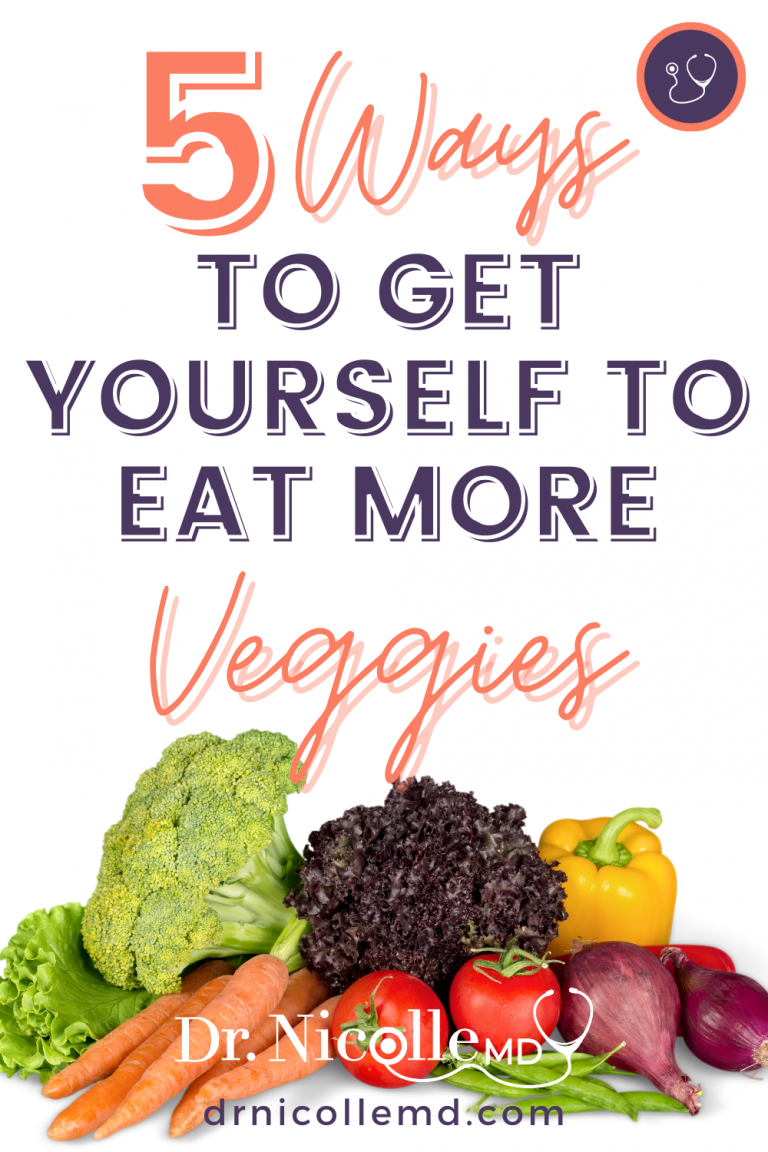
Dr. Nicolle Martin
Some of the links in this article are "affiliate links", a link with a special tracking code. This means if you click on an affiliate link and purchase the item, we will receive an affiliate commission.
The price of the item is the same whether it is an affiliate link or not. Regardless, we only recommend products or services we believe will add value to our readers.
By using the affiliate links, you are helping support our Website, and we genuinely appreciate your support.
Last updated on July 13th, 2022 at 06:33 am

Minimize Medications. Maximize Health.
Are you super busy but need to take control of your health? Are you tired of being tired? Subscribe to my “Minimize Medications, Maximize Health Blog” and I’ll give you 7 Tips to Get Healthy in No Time absolutely FREE.


